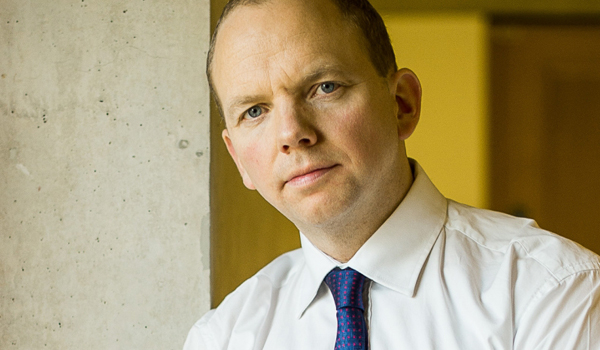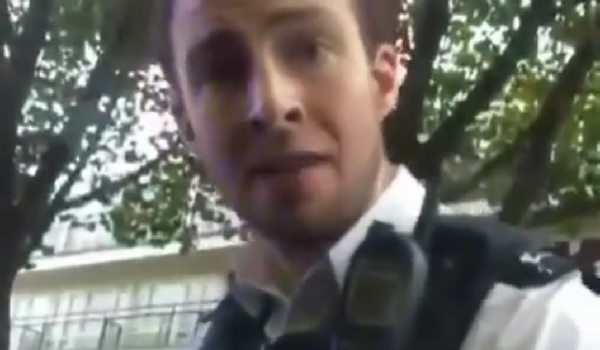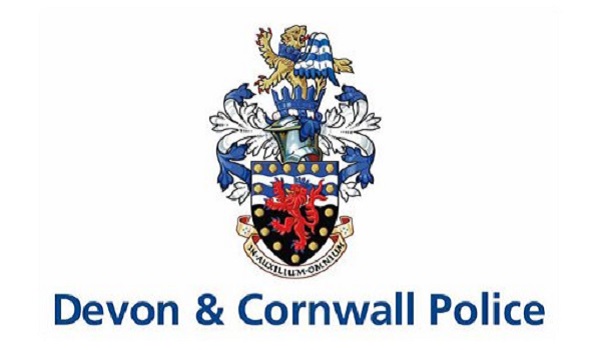Emergency powers to come under the spotlight at Covid-19 Committee
The Scottish Parliament’s Covid-19 Committee is set to take evidence on renewing the emergency legislation passed to deal with the coronavirus pandemic.
The Coronavirus (Scotland) Acts will expire on September 30 unless Parliament agrees to extend them.
Police officers in Scotland spoke to people about coronavirus rules more than 62,000 times up to early August, although the vast majority of cases did not require enforcement action to be taken. Police Scotland Chief Constable Iain Livingstone said no further action was taken in 94 per cent of those “interactions” with members of the public.
Research by the University of Edinburgh found the use of Fixed Penalty Notices (FPNs) rose sharply at the start of lockdown but gradually reduced over time. There were few repeat breaches, and they were rarely used by the start of lockdown easing in Phase One. Report author Professor Susan McVie said almost a third of all FPNs were issued to those living in the ten per cent most deprived communities.
The Covid-19 Committee believes that while the pandemic presents an ongoing risk which must be guarded against, it is crucial that the legislation needs “rigorous and proper scrutiny” before any extension, including hearing from key stakeholders.
It says that given the significant restrictions it puts on everyday lives, and the extraordinary powers granted to ministers and authorities through it, public consent and backing, including political oversight, are key to its success.
Donald Cameron MSP, who was elected the committee’s new Convener this week, said: “This legislation was forged in the early days of lockdown, using emergency processes, to deal with what was a fast emerging and very serious threat.
“Rightly, since then it was been regularly reviewed and its use has changed, as we have been able to ease the very strict and blanket restrictions needed in the early days.
“As we near the six-month point at which the legislation must be reviewed, and the government has announced its intention to extend its lifetime for at least another six months, it’s right we pause, listen to stakeholders, and reflect on whether we are happy to back the government’s request, or wish to suggest further changes.”
The Covid-19 Committee is expected to hear evidence from the Law Society of Scotland, the Scottish Trades Union Congress and leading public health academic Professor Linda Bauld from the University of Edinburgh, as well as Cabinet Secretary Michael Russell, the responsible Scottish government Minister.
The committee will then report to Parliament with a recommendation on whether or not to approve the renewal of the legislation.
Despite the “highly restrictive measures” being introduced almost overnight, figures show that public confidence in policing increased by 20 percentage points in Scotland during lockdown.
A survey of more than 22,000 people found that 63 per cent agreed or strongly agreed that they had confidence in their local police.
That is an increase of 21 percentage points compared to the Scottish Crime and Justice Survey (SCJS) 2018/19 (42 per cent) and against a previous peak of 49 per cent in the 2012/13 SCJS.
The analysis was outlined in Police Scotland’s 2020/21 Quarter One Performance Report published at the end of last month.
The figures show that even where officers required people to disperse, the vast majority cooperated after having rules explained to them or on instruction to do so.
In just 6.5 per cent of cases, officers were required to issue a FPN, use reasonable force or arrest an individual.
Deputy Chief Constable Fiona Taylor said it was “an extraordinary period for Scotland and, indeed, the world”.
“Highly restrictive measures on freedoms of movement and association were introduced, almost overnight, as, collectively, we all sought to combat the spread of coronavirus,” she said.
“Officers and staff discharged their duties with courtesy, compassion and common sense to help the people of Scotland who, in turn, showed overwhelming support for their police service.
“We will continue to value the bond of trust which policing and the public have forged together and which has been further strengthened during this unprecedented period.”
The report also shows recorded crime reduced significantly across a number of categories between April 1 and June 30, although fraud and public nuisance calls increased substantially.
Police Scotland said proactive work contributed to a significant increase in reported crimes of online child sexual while domestic crime and the potential for suppressed vulnerability remain a significant concern and priority for policing.







